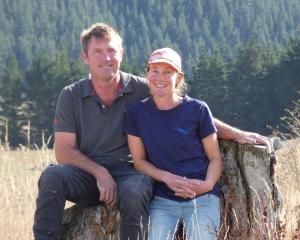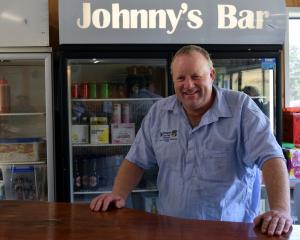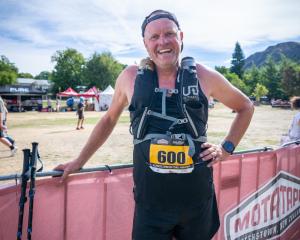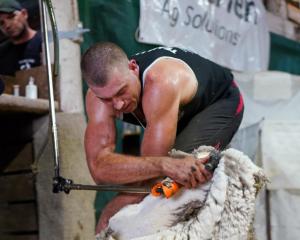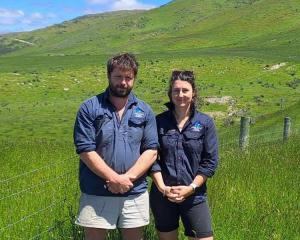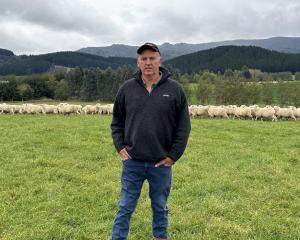
That was the message for about 100 young farmers at the AGMARDT New Zealand Farmers Conference at the Riccarton Park Function Centre in Christchurch on Friday, February 1.
The world's population is projected to reach about 10billion people by 2050, creating plenty of opportunities for innovative food production, said Sarah Hindle, the general manager of the Lincoln University-based Tech Futures Lab and one of the keynote speakers.
''That's a huge jump in terms of calories that we need to produce to feed all of those people.''
Devising ways to sustainably feed everyone posed a challenge for scientists and food producers, but it also opened new career opportunities, she said.
''What we see real growth in, is the rise of the agricultural technologist.
''They'll have an ability to manage technological systems and have expertise in things like robotics, automation, drones and data electronics.''
One innovator using technology to change the way food is produced is Craig Piggott, the founder and chief executive of Auckland-based agritech start-up Halter.
Mr Piggott announced at the conference Halter planned to commercially launch its GPS-enabled cow collars in April.
''We have just finished setting up our production line in China and we have had our first collars off the line come back.
''We are targeting April as our commercial launch. It's all happening very quickly.''
Mr Piggott grew up on a dairy farm, before studying engineering at Auckland University and starting out with RocketLab.
While he was working at the forefront of New Zealand's growing space industry, he never forgot his farming roots.
''I saw that dairying has become a high export earner, but it hasn't changed a lot and we've got all these problems such as labour shortages, animal welfare and sustainability.''
He said he saw an opportunity to ''empower farmers to operate simply and sustainably'' to meet their global food production requirements.
''What if we could do all this with software?''
He approached RocketLab chief executive Peter Beck and was able to tap into RocketLab's overseas backers, who saw plenty of opportunities to invest with 1.5 billion cows in the world.
The solar-powered, GPS-enabled collar, which allowed cows to be guided around a farm using a smartphone app, has been tested on a farm in the Waikato for the past 18 months.
''The system uses audio and vibration to train a cow. The smartest cows only take two hours to train,'' he said.
''The farmer then has the ability to use the remote technology to shift the cows around the farm.''
The collars could guide cows to the milking shed, encourage cows to remain in one place to eat without the need for break fences and would make it easier for farmers to detect lameness or health problems earlier.




